News
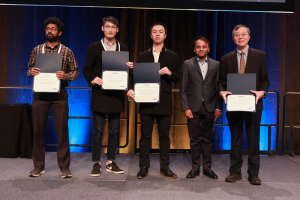

BY ROBYN ROSS IN FEATURES, JAN | FEB 2022
When the last slice of pizza had disappeared, the 30 students at the NAMI on Campus meeting quieted and turned their attention to their vice president, psychology junior Alexis McDonald. The agenda for this meeting in October 2018 included a talk about depressive disorders, followed by a National Alliance
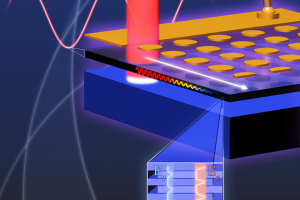
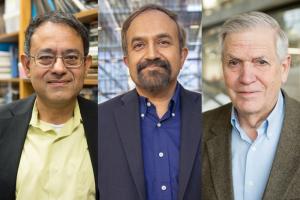
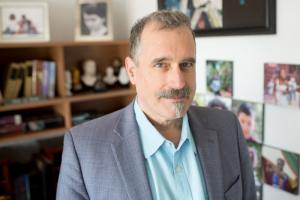
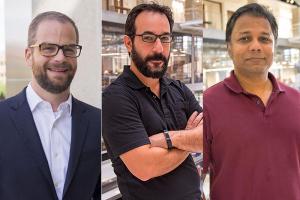
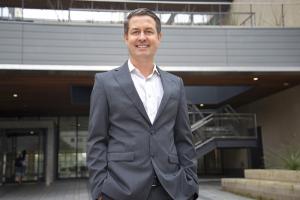
The IEEE Communications Society has awarded Texas ECE professor Jeffrey Andrews the 2021 Joseph LoCicero Award for Exemplary Service to Publications.
The annual award recognizes exceptional contributions to meetings, conferences, publications, globalization, and service to the Society. Nominees have made notable contributions to the quality, scope


Researchers in the Cockrell School of Engineering are developing a communication chip that is able to send signals in harsh weather and over greater distances.
The team is developing this technology for military use in the Air Force, said Ray Chen, electrical and computer engineering professor. Chen, who is leading the research team, said the
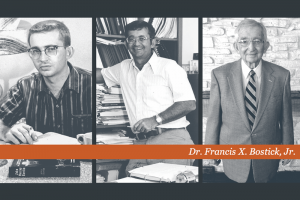
Former Texas ECE professor and chair Francis Bostick passed away Wednesday, October 20.
Dr. Francis Bostick was the Hayden Head Centennial Professor Emeritus and Distinguished Teaching Professor Emeritus. He received his B.S.E E. degree from UT Austin in May, 1955. That summer he entered the Graduate School of Electrical Engineering and started
